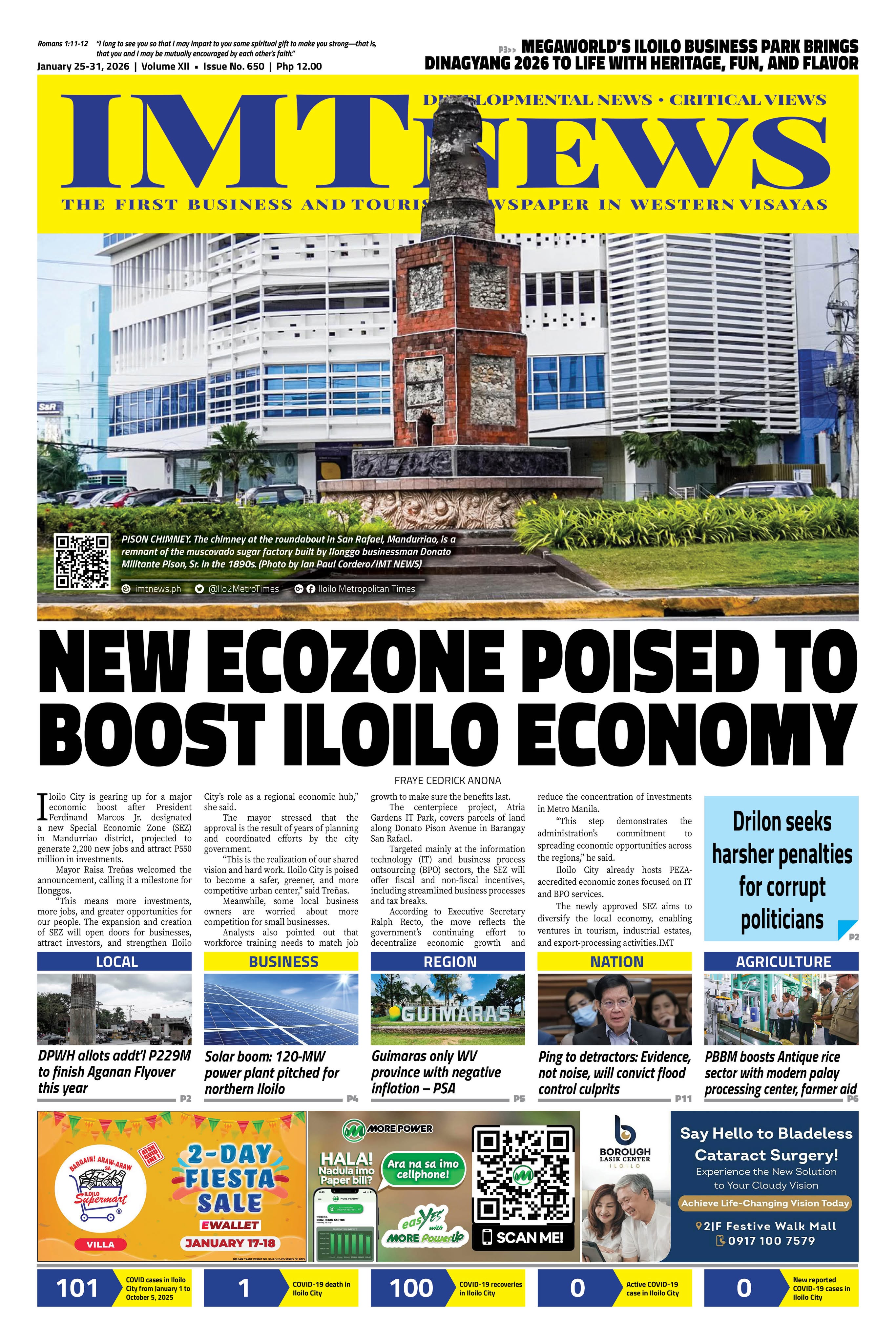Walking the fine line between law and delay, Senate President Chiz Escudero is balancing the Constitution with a ticking clock. Calm and calculated, he has become the quiet centerpiece of the ongoing drama surrounding Vice President Sara Duterte’s impeachment. Yet the spotlight is slowly shifting from the accused to those possibly dodging accountability through polite postponements. While Escudero calls it caution, others see it as soft-gloved stalling.
Senator Risa Hontiveros has been clear: the Senate must act now. She reminded her colleagues of the Constitution’s direct call to proceed with impeachment trials “forthwith.” Joining her, former Senator Leila de Lima slammed the delay in presenting the Articles of Impeachments. Her point? If we keep buying time, we risk running out of it.
For everyday Filipinos, these delays echo the same slow service they experience in government offices. This is not just about schedules; it is about a system choosing convenience over duty. Teachers, for instance, show up rain or shine. They do not get to postpone classes just because things are tough. So when leaders hesitate to fulfill a constitutional role, it feels like the rules are only for the powerless.
Escudero argues that pending bills and over 200 appointments must be prioritized. Fair enough. But legal precedents—like Chavez v. JBC and Pimentel v. Congress—are clear: impeachment is not legislative work. It is judicial. It stands apart and should not be parked for politics. To delay it is, in the eyes of critics, to sidestep the law under the guise of order.
No one is saying Escudero has bad intentions. But perception matters, especially when public trust in institutions is shaky. If the Senate truly wants to get this right, why not act with clarity? Why reschedule like a student dodging an oral exam?
De Lima offered a relatable example: imagine a school principal accused of fund misuse. The school board receives proof but delays the probe, choosing instead to revise the canteen menu. Ridiculous? Maybe. But that is how this looks from the outside.
History offers examples. The U.S. Senate continued Clinton’s impeachment trial across sessions. Our Constitution allows for the same, say legal minds like Reps. Lorenz Defensor of Iloilo and Joel Chua of Manila. Judicial duties, unlike bills, do not expire with terms. The Senate does not need to fear the calendar. What it should fear is the verdict of future generations.
Public patience is wearing thin. Surveys from Pulse Asia and SWS regularly show corruption and lack of accountability as top concerns. In sari-sari stores, cafés, and jeepneys, people quietly wonder if the powerful are still held to the same rules. This impeachment case is not just about one official. It is a test of the system.
That is why Hontiveros’s call matters. It speaks for teachers in far-flung barrios, nurses in overcrowded wards, and public servants who show up with integrity despite the odds. They deserve a Senate that does the same.
Some say an impeachment trial could disrupt legislative priorities. But doing nothing is a bigger disruption—to trust, to faith in the process. As Atty. Tony La Viña noted, even well-meant delays in constitutional duties can break institutions from within.
Maybe Escudero thinks waiting is wise—a chance for things to cool down. But this is not chess. This is governance. And in governance, waiting too long can mean losing more than just position. It can mean losing the people’s faith in the rules.
So here we are, with the Senate caught between delay and duty. The real question is not if Escudero will read the Articles of Impeachment. It is whether he will read the urgency of the moment—and act on it. Because in justice, delay is not harmless. It is a decision.
And when history revisits this chapter, it will not just recall who was on trial. It will remember who stood up—and who just stood aside.
Doc H fondly describes himself as a “student of and for life” who, like many others, aspires to a life-giving and why-driven world grounded in social justice and the pursuit of happiness. His views do not necessarily reflect those of the institutions he is employed or connected with.
The clock, the code, and Chiz






